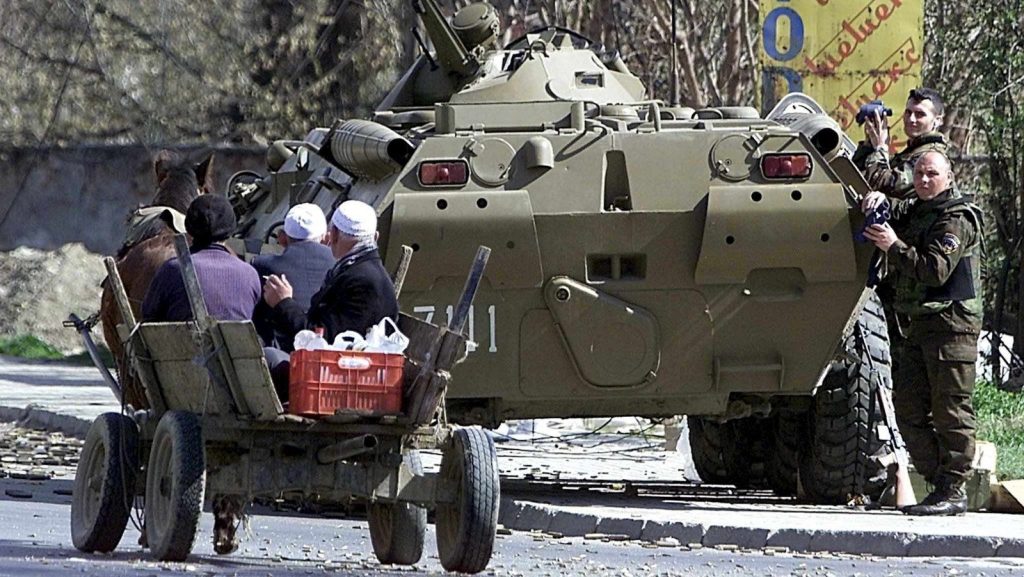
The recent letter by Ali Ahmeti, leader of the Democratic Union for Integration, highlights the mounting risk of ethnic tensions in North Macedonia, as recent constitutional and legislative changes seem to undermine the stability secured by the 2001 Ohrid Framework Agreement. Ahmeti’s appeal emphasizes that the repeal of Albanian language rights and the removal of ethnic identification in state institutions directly threaten the progress made toward peace and equality in the multi-ethnic nation.
Ahmeti’s concerns focus on the Constitutional Court’s potential reversal of provisions that have protected Albanian as an official language. This shift would jeopardize Amendment 5 of the Constitution, which enshrines linguistic equality for the Albanian population. Furthermore, the move to eliminate ethnic self-identification within state institutions undermines the collective rights of ethnic groups, risking the dismantling of key balancing mechanisms like the Badinter principle — a safeguard in the Ohrid Agreement that prevents domination by any single ethnic group.
These changes, Ahmeti warns, could foster feelings of exclusion and inequality, particularly among Albanians, creating fertile ground for discontent and further division. Such sentiments, if left unaddressed, could lead to significant unrest, as the country’s history shows that disruptions to the balance of rights can escalate tensions rapidly.
In a region with a legacy of ethnic and religious sensitivity, constitutional changes that infringe upon collective rights and equality can be destabilizing. Ahmeti’s letter stresses the urgent need for international engagement and diplomatic efforts to ensure the preservation of peace, urging Prime Minister Edi Rama and other leaders to bring international attention to the constitutional crisis unfolding in North Macedonia.
The future stability of North Macedonia now depends on a commitment to uphold the principles of the Ohrid Agreement, reinforcing balance, respect, and equal representation across communities. As calls for external intervention grow, the eyes of the Western Balkans — and beyond — are on North Macedonia to prevent a return to ethnic conflict and safeguard the fragile peace.
